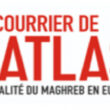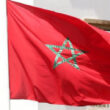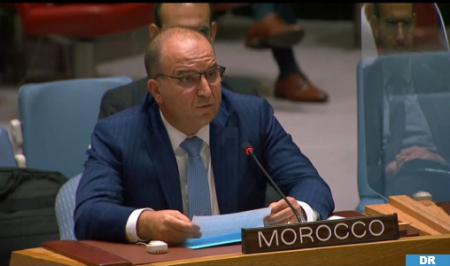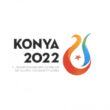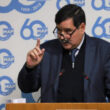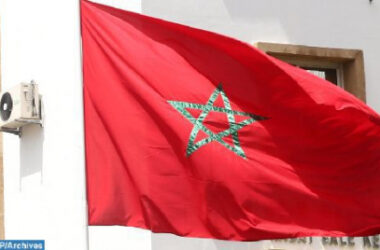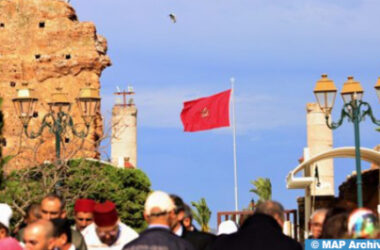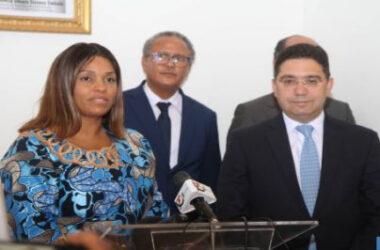Speaking at an open debate of the Security Council under the theme “Peace and security in Africa: capacity building for the sustainability of peace”, Kadiri stressed that Morocco, as a member of the Peace and Security Council of the African Union (AU), makes every effort to prevent and resolve conflicts in Africa.
He also noted that as chair of the Central African Republic Configuration of the UN Peacebuilding Commission (PBC) and active player in this commission, the Kingdom makes the perpetuation of peace a top priority of its diplomatic action.
The diplomat stressed that the valiant peacekeepers of the Royal Armed Forces, by contributing to UN peacekeeping operations on African soil since the 1960s, have served with honor and abnegation, sometimes at the cost of their lives, to promote peace in several African countries and to strengthen stability on the continent.
African countries have come a long way and undertaken enormous achievements, to ensure peace, stability and security on our continent, he noted, noting that the accompaniment of this momentum requires the international community to continue to support the leadership of African countries to strengthen and consolidate these achievements, in accordance with the priorities of these countries and their national ownership.
Based on the reality of the nexus peace, security and development and that there can be no sustainable peace without economic development, it is necessary to adopt a holistic, coherent and multidimensional approach that unites governments, international, regional and sub-regional organizations, international financial institutions and civil society actors in a common effort to strengthen Africa’s capacity to promote peace and socio-economic development, the Moroccan diplomat stressed.
Kadiri said that this collective effort is all the more important in the context of the post-Covid era, in order to effectively overcome the socio-economic, political, environmental and humanitarian repercussions of this pandemic, for a stronger emergence and guarantee of peace and stability.
He stressed, in this context, the importance of sustainable, adequate and predictable funding for development efforts, as well as the maintenance and consolidation of peace, adding that it is fundamental that the international community implements its commitments to finance development in Africa.
Kadiri further pointed to the terrorist threat that has experienced an unprecedented and extremely dangerous increase in recent years in Africa, undermining peace and security on the continent, particularly because of the proven links between terrorist groups, transnational criminal networks and separatist groups.
In this respect, he stressed the need for a coordinated and united effort of the international community to support African countries in their fight against this scourge.
He stressed that Morocco remains strongly committed to a comprehensive and coherent approach in its support to African countries to confront terrorism, combining the security dimension, including through regional and continental cooperation, the achievement of economic and human development and the preservation of cultural identity and worship.
Morocco, which hosts in Rabat the UNOCT Program Office for capacity building in the fight against terrorism in Africa, aims to pool its expertise and resources by providing, in partnership with the UN, quality training in the fight against terrorism and border security, to African countries, he recalled.
He further noted that in coordination with the said Program Office, Morocco hosted last June 23 and 24 in Marrakech, the 1st Conference of Heads of Security Agencies and Counter-Terrorism in the West African region.
He continued that Morocco, which hosted the Ministerial Meeting of the Global Coalition against ISIS on May 11, also co-chairs the “Africa Focus Group” established within the framework of the Coalition, which operates according to a forward-looking and strategic approach to cooperation against the threat posed by this terrorist organization, while ensuring coordination with existing regional and multilateral initiatives and structures.
In line with the guidelines of Morocco’s African policy decided by His Majesty King Mohammed VI, advocating the emergence of a new model of South-South cooperation both active and supportive, Morocco works to strengthen the resilience of African states by making integration, continental solidarity and collective responsibility key elements to respond to the changes taking place on our continent, said Kadiri.
He noted that South-South cooperation between Morocco and African countries has reached unprecedented levels in all areas including economic, trade, political, social, humanitarian and environmental, and this in the context of mega projects structuring the present and future of Africa and its youth, strengthening, thus, the economic development and anchoring political stability throughout the continent.
Morocco remains fully committed alongside its African partners and brothers, to ensure the establishment of a lasting peace in Africa, which guarantees the well-being and prosperity of the continent’s people, he concluded.


